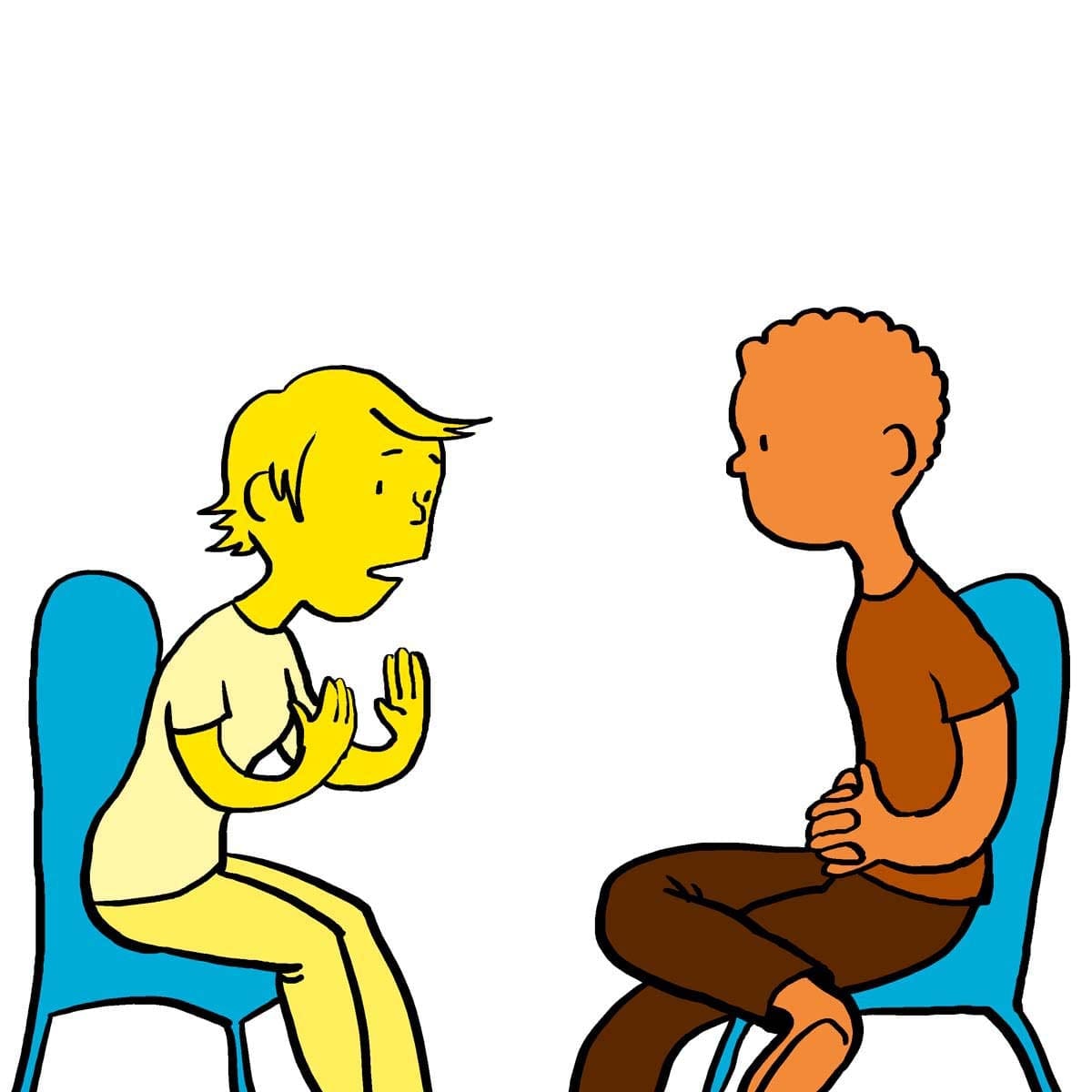Good Things: Good communication is central to active participation
Thanks to Andrea McQueen from Australia for this lovely blog describing the Good Things Project which shows how good communication is central to active participation for people with intellectual disabilities
Across the world, many thousands of people with intellectual disabilities live in group homes. These are houses in the community shared by about four to six people with disabilities. Many of these people have communication difficulties of various sorts.
Communication is essential to many activities both within the home (e.g. making a shopping list, choosing what to watch on TV, letting your house mates know when you need some space) and beyond (e.g. developing and maintaining friendships; participation in education, employment and leisure). For many group home residents, participation in these activities relies on access to appropriate augmentative communication systems, and to trained staff who can support their use.
In twenty years working as a speech pathologist in Australia I have been in and out of a lot of group homes. Some do things better than others. Some value communication more than others. Some group home staff routinely use augmentative communication systems, such as Talking Mats, Key Word Sign and pictorial timetables. Unfortunately many do not. Each time I leave a group home, I ask myself the same question: “Could I live here?”
When I first came across the Roydon Street group home here in Melbourne I was impressed. This is a house where communication is respected, where people are listened to, and where genuine choices are offered. It’s not perfect, but it passes my simple test – it is a place where I could imagine living a good life.
I wanted to share the philosophies and practices of Roydon Street around the world. I hoped to influence other group homes to adopt the same simple strategies for their residents. So I sought funding and made a video – Good Things.
The Good Things video aims to show how simple communication strategies can contribute to a good quality of life for people with intellectual disabilities in group homes. It demonstrates how a culture of respect and autonomy can develop when staff understand how to listen to clients and support their communication methods. It shows what is possible in a sector that gets a lot of negative publicity.
Good Things was funded by the Victorian Department of Human Services, and the closed captions on the video were funded by the City of Bayside. The video is the result of a partnership of many agencies and individuals. Special thanks to the residents and staff at Roydon Street. Good Things was released on YouTube in March 2014, and to date has had more than 800 views in 17 countries (not quite keeping pace with Lady Gaga!). It’s a small project, but I hope it has made a difference. I know the team at Talking Mats shares the passion for improving the lives of people wherever they live, and I would love to hear from others with an interest in this area.
Click here to see the Good Things video
Andrea McQueen
Inner South Communication Service
Email: amcqueen@cbchs.org.au
Twitter: @aj_mcq
 Online training login
Online training login 






